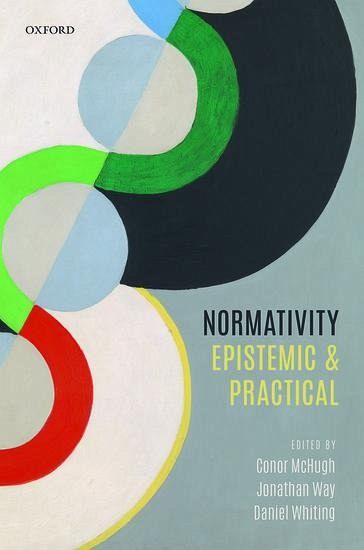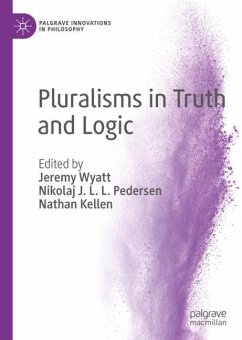
Normativity
Epistemic and Practical
Herausgeber: Way, Jonathan; Whiting, Daniel
Versandkostenfrei!
Versandfertig in 1-2 Wochen
92,99 €
inkl. MwSt.

PAYBACK Punkte
46 °P sammeln!
What should I do? What should I think? Traditionally, ethicists tackle the first question, while epistemologists tackle the second. Philosophers have tended to investigate the issue of what to do independently of the issue of what to think, that is, to do ethics independently of epistemology, and vice versa. This collection of new essays by leading philosophers focuses on a central concern of both epistemology and ethics: normativity. Normativity is a matter of what one should or may do or think, what one has reason or justification to do or to think, what it is right or wrong to do or to thin...
What should I do? What should I think? Traditionally, ethicists tackle the first question, while epistemologists tackle the second. Philosophers have tended to investigate the issue of what to do independently of the issue of what to think, that is, to do ethics independently of epistemology, and vice versa. This collection of new essays by leading philosophers focuses on a central concern of both epistemology and ethics: normativity. Normativity is a matter of what one should or may do or think, what one has reason or justification to do or to think, what it is right or wrong to do or to think, and so on. The volume is innovative in drawing together issues from epistemology and ethics and in exploring neglected connections between epistemic and practical normativity. It represents a burgeoning research programme in which epistemic and practical normativity are seen as two aspects of a single topic, deeply interdependent and raising parallel questions.












